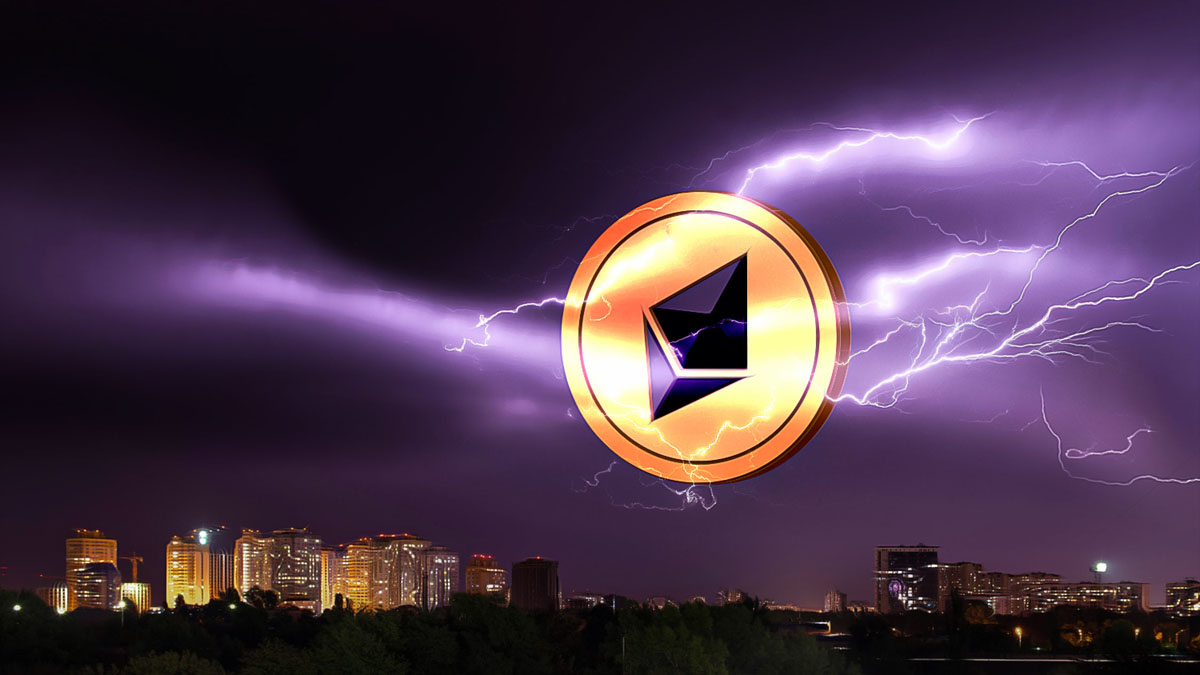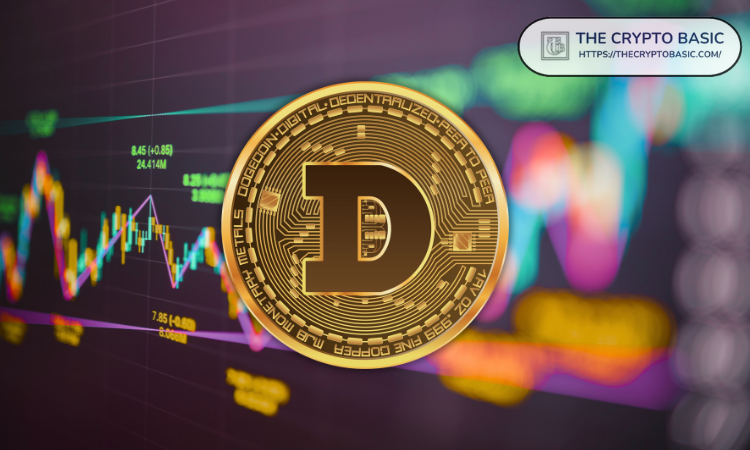
Following the recent Dencun upgrade, Ethereum has seen a considerable drop in its revenue. Research from Galaxy Research highlights that Ethereum’s Layer 1 (L1) protocol revenues have plummeted to nearly zero. This decline is a pivotal moment in Ethereum’s scaling strategy, as the platform has turned to social media to discuss this significant shift.
Why Has L1 Revenue Dropped?
Several factors contribute to the dwindling L1 revenues. A major player in this scenario is the rise of Layer 2 (L2) solutions, including zk-rollups, Arbitrum, and Optimism. These solutions handle transactions off-chain while only performing settlement and aggregation on Ethereum’s L1. Prior to the Dencun upgrade, Ethereum L1 still profited from transfer fees associated with these settlements. Access COINTURK FINANCE to get the latest financial and business news.
Post-Dencun, L2 solutions have become more efficient in their interactions with L1, significantly reducing costly L1 engagements. The upgrade has optimized rollup costs and data availability, leading to L2 solutions consuming much lower fees compared to Ethereum’s L1 protocol.
Is Ethereum’s Security Model at Risk?
While lower transfer fees benefit users, they drastically cut into Ethereum L1’s revenues from L2-based operations. The near-zero revenue figure underscores the growing dominance of L2 solutions, which manage a significant portion of Ethereum’s transaction volume, thus offloading activity from the main network.
The potential long-term risk here is to Ethereum’s layer-1 security model. Galaxy Research points out that Ethereum depends on transfer fees to compensate validators and uphold network security. With L2 solutions assuming more transfer load, the future sustainability of this security model is questionable unless new revenue sources or incentives are introduced.
Concrete Conclusions
Based on the current developments, several concrete conclusions can be drawn:
- L2 solutions are significantly reducing Ethereum L1’s revenue by handling more transactions off-chain.
- The Dencun upgrade has optimized L2 interactions, leading to lower fees for Ethereum L1.
- Ethereum’s security model could be at risk if alternative revenue streams are not identified.
- Lower transaction costs are advantageous for users but pose economic challenges for the network.
The Ethereum community and developers need to devise strategies to address this. Without creating new revenue sources and incentive mechanisms, the network’s security and sustainability could face significant challenges. It is crucial to assess these developments carefully to ensure the ecosystem remains balanced for both users and validators.
Disclaimer: The information contained in this article does not constitute investment advice. Investors should be aware that cryptocurrencies carry high volatility and therefore risk, and should conduct their own research.










